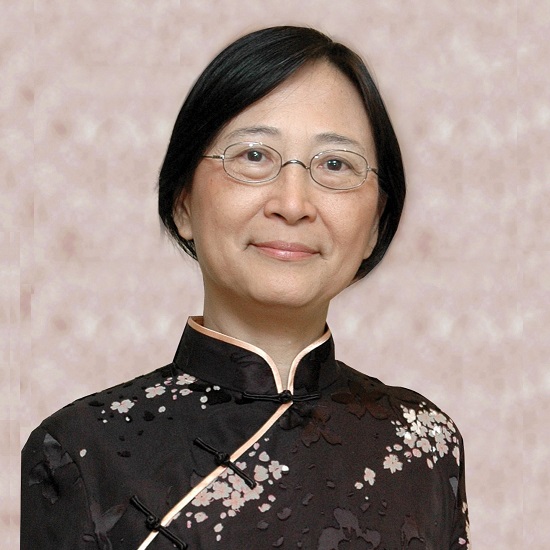Former Chief Executive of HK Hospital Authority
School of Chinese Medicine, the University of Hong Kong;
Hong Kong Association for Integration of Chinese-Western Medicine

Presenter/Author:
Vivian Taam WONG
Other Author:
NA
Author Affiliation:
LKS Faculty of Medicine, HKU
Keywords:
Tele-medicine; Hong Kong; COVID-19
Abstract:
The World Medical Association started its “Statement on the Ethics of Telemedicine” in 2007 and revised it in 2018. It covers the definition, ethical guidelines, autonomy & privacy of the physician, responsibility of the physician, quality of care and recommendations.
The Medical Council of HK issued the “Ethical Guidelines on Practice of Telemedicine” in December 2019. The spectrum of activities covers the definition of WMA with addition of collaboration between doctors and/or other health professionals and dissemination of service information and/or health education. It emphasizes it is not intended for regulation of overseas doctors and that practices outside HK must comply with the law governing those jurisdictions. It gives more information on Doctor-Patient Relationship, Evaluation & Treatment of Patient, Informed Consent, Prescription, Medical Records & Confidentiality and Relationship with other Healthcare Professionals.
The HK Chinese Medicine Management Council also issued a similar set of guidelines in September 2021 which enabled the use of telemedicine in wave 5 of COVID-19 in 2022.
In China, the Chinese National Health Commission and National Administration of Traditional Chinese Medicine released in September 2018, “Three Measures”: Telemedicine Specifications (H2H), Internet Diagnosis Measures (H2P) and the Internet Hospital Measures. There is differentiation among 3 models: Add-on Service Hospital, Affiliated Hospital and Tie-up Hospital. Permitted scope is limited to follow up of certain common or chronic diseases.
Cross-border telemedicine collaboration has not been addressed. A foreign medical institution is only allowed to provide remote second opinion under direct invitation by the host medical institution. A Sino-foreign joint venture medical institution may be the solution with the foreign party share-holding capped at 70%.
International laws and medical insurance coverage need to be addressed for each business model and medical protocol. The online sale and prescription of certain drugs such as narcotic and psychotropic drugs is prohibited in China.
Reference:
N/A
Funding Source:
N/A
Conflict of Interests:
The author reports no conflicts of interest related to this study.
Vivian Taam Wong JP
A Fellow of three specialty colleges (FRCOG, FFPH, FRCP), she is Honorary Fellow of HKU and OUHK. Besides Hon Professor in the School of Chinese Medicine, HKU, she has held honorary/adjunct professorship in CUHK, HKBU & HK Polytech U.
With wide research interest from perinatology, hematology, hepatology to Chinese Medicine, she has been on editorial boards of 6 journals, published >130 peer-reviewed papers, book chapters and co-edited the book “Challenges of SARS”. Her experience as Research Fellow at Royal Free Hospital London, Public Health Specialist for Policy & Research at World Bank and Reader in O&G at HKU gave the global perspective for her as HCE of Queen Mary Hospital and CE of Hospital Authority, HK.
She set up the HK-wide Research Ethics Committee system and the network of CM Centers for Training and Research in each district in HK. Besides being Senior Advisor to the Dean of Faculty of Medicine, HKU, she played pivotal roles in HK Association for Integrative Chinese-western Medicine, Consortium for Globalization of CM, Modernized CM International Association and GP TCM Research Association. She was a board director of China Association of Acupuncture & Moxibustion and Chinese Association of Integrative Medicine. She is a member of Committee of International Clinical Standards of TCM, World Federation of Chinese Medicine Societies.